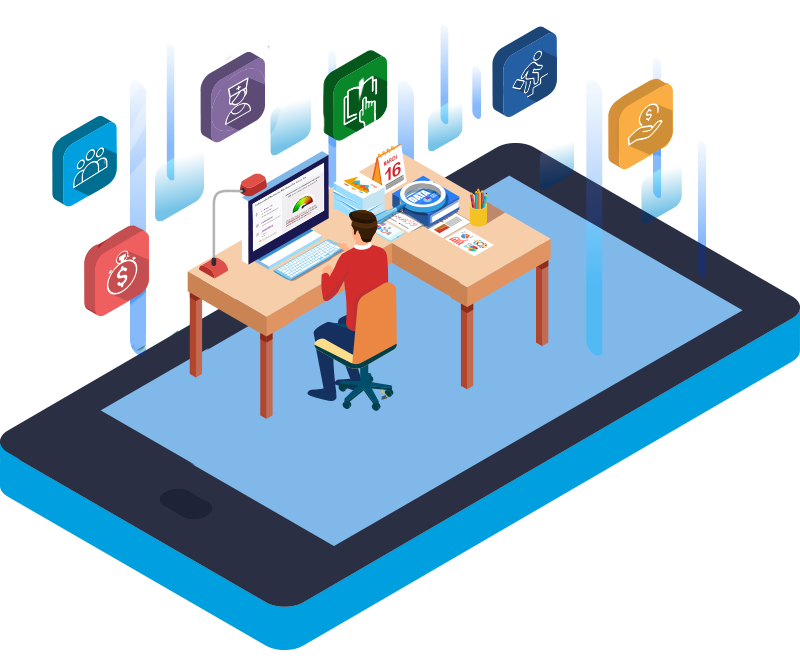by: Richard Seabrook, Managing Director Europe, Neota Logic
As published in: HR Review
The recent media interest about artificial intelligence (AI) has been inescapable. Contrary to popular belief, AI is not just about machine robotics and drones. Instead, it refers to the theory and development of computer systems able to perform tasks that normally require human intelligence. But how might this type of technology help HR professionals?
One area where AI can greatly help HR professionals is in enabling them to make faster and smarter decisions in adhering to HR rules and policies. Often critical HR decisions require not only an understanding of local employment laws, regulations and company policies, but also the expert interpretation of those laws and previous court rulings.
Now intelligent technologies exist that allow algorithms to be created that model all of these rules and the expert’s judgement into software that is then deployed through user-friendly smart advisors or apps. In the hands of the HR professional, smart apps can run individual case scenarios and make accurate and timely decisions that take into account all of the complexity and knowledge without having to call in the services of a lawyer or expert.
Managing global complexity
As companies become ever more global, HR professionals must manage all the various workforces working in different ways and subject to different rules and regulations in their local markets. Until recently that level of complexity was beyond the remit of an individual professional and even a HR department, which would have to consult experts in each market and in each area of policy. Now smart technologies enable HR to tackle this wherever they are, at head office or in local offices.
One of the biggest trends in the today’s workplace is the rise of flexible working. Workers may be hired on a short-term contract or part-time as well as in traditional full-time employment. The employment status of an individual affects the legal responsibilities of the organisation to those individuals and the rights and responsibilities of those individuals. In the UK, for example, the employment status of an individual may affect whether or not he or she can be automatically enrolled into a pension scheme, while in the US, employment status affects employees’ entitlement to healthcare insurance.
A crucial first step in addressing these questions is establishing the correct legal classification of an individual’s employment status. Global employment law firm Littler Mendelson has partnered with Neota Logic to create ComplianceHR, a software-as-a-service platform that allows organisations to answer the question of employment status, taking all of the complex regulations and policies and assisting HR professionals in managing extended workforces, benefits entitlements, and many other employment policy issues.
CLICK HERE for the full article
